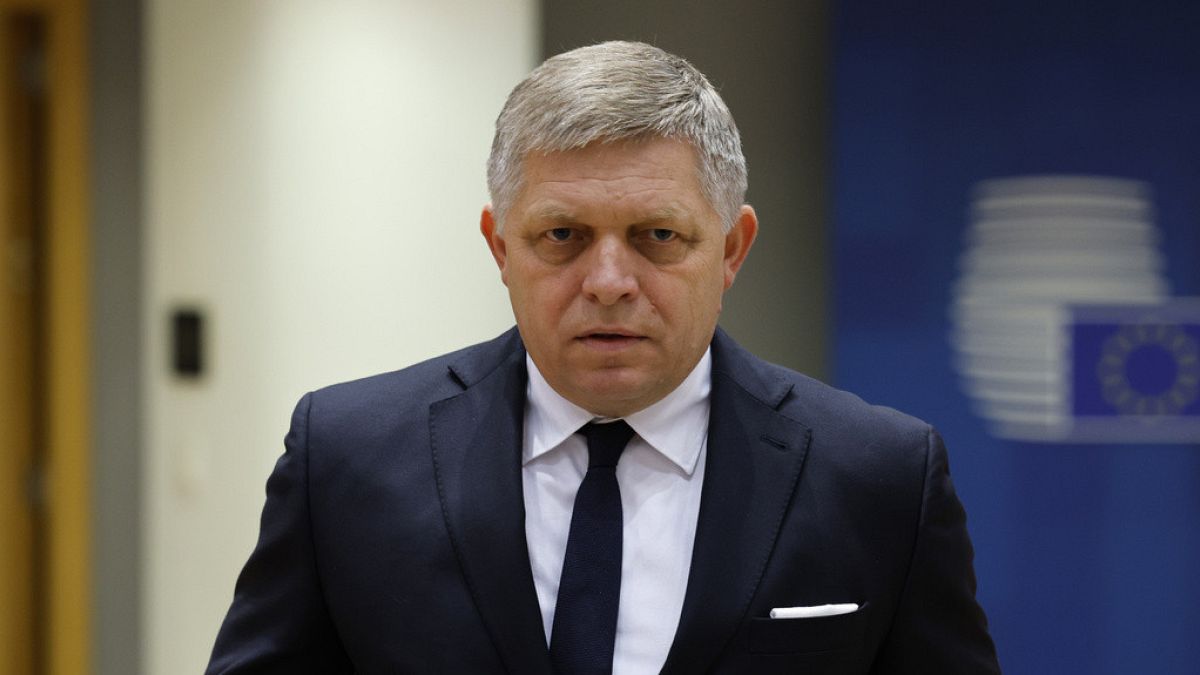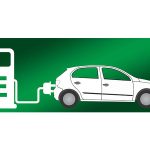Slovakia’s Prime Minister Robert Fico recently expressed concern over Ukraine’s decision to halt Russian gas transit to EU states through its pipelines. Fico warned that the termination of the gas transit deal between Kyiv and Moscow would have a “drastic impact” on the EU, rather than on Russia. The halt in Russian gas exports via Soviet-era pipelines through Ukraine came after Kyiv refused to renew a pre-war transit agreement with Gazprom. This decision had been in place for decades, and Slovakia had been urging Ukraine to renew the deal due to its reliance on cheap Russian gas. Fico argued that failure to do so would result in increased energy prices domestically and higher costs for the EU.
In a New Year’s Day address, Fico stated that halting gas transit through Ukraine would impact the EU significantly, estimating potential losses of €120 billion over the next two years. Slovakia itself stands to lose up to €500 million annually in transit fees due to the end of the gas deal. Fico, known for his Kremlin-friendly stance, had met with Russian President Vladimir Putin in Moscow to discuss gas supplies, among other issues. He had also threatened “reciprocal measures” against Ukraine after the termination of the gas agreement, including halting backup electricity supplies to the country. However, Kyiv dismissed the threat, and Poland offered to boost energy exports to Ukraine in case of such actions by Slovakia.
Despite the loss of Russian gas supply from Ukraine, Slovakia reassured the public that it will not face a gas shortage. The country had already taken steps to diversify its gas sources, signing short-term contracts to buy natural gas from Azerbaijan and importing US-sourced liquefied natural gas via Poland. Additionally, Slovakia has access to gas from Austria, Hungary, and the Czech Republic, allowing for imports from a variety of suppliers, including Germany. These measures put Slovakia in a position to weather the impact of the halted gas transit deal with minimal disruptions.
Fico’s concerns over the termination of the gas transit agreement highlight the potential implications for the EU as a whole. With Slovakia being just one of many countries reliant on Russian gas via Ukraine, the decision could lead to energy price hikes and supply disruptions across the bloc. The situation also underscores the complex geopolitical dynamics at play, with Ukraine, Russia, and EU member states navigating competing interests in the energy sector. As the fallout from the end of the gas deal continues to unfold, it remains to be seen how countries will adapt their energy policies and partnerships to mitigate the impact on their economies and citizens.
Moving forward, Slovakia and other EU member states will need to prioritize diversifying their energy sources and increasing energy security to reduce vulnerability to disruptions in gas transit. By expanding access to alternative energy suppliers and investing in renewable energy technologies, countries can mitigate the risks posed by reliance on a single source for their energy needs. Cooperation within the EU and with neighboring countries will also be crucial in ensuring a stable and sustainable energy supply chain that can withstand geopolitical challenges and fluctuations in global energy markets. As the energy landscape evolves, proactive measures will be essential to safeguarding the EU’s energy security and resilience in the face of unforeseen disruptions.


























